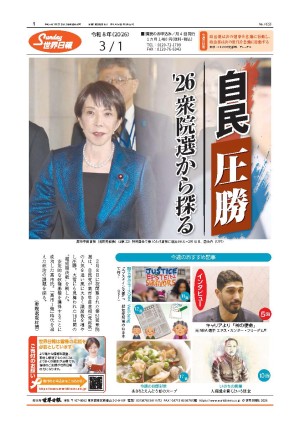MSF、米の病院再建の申し出を拒否/Doctors Without Borders refuses Pentagon money to rebuild hospital damaged in airstrike
「国境なき医師団(MSF)」は、外傷治療センターの再建の費用負担の米国防総省の申し出を拒否すると表明する。センターは10月3日に米攻撃機AC130によって破壊され、患者、職員30人が死亡した。
Medecins Sans Frontieresとしても知られるこの非営利団体の広報担当者は8日、ワシントン・タイムズ紙に対し、これまでアフガニスタンで政府援助を受けずに運用してきており、今後もこの方針を続けると語った。
...【全文を読む】







